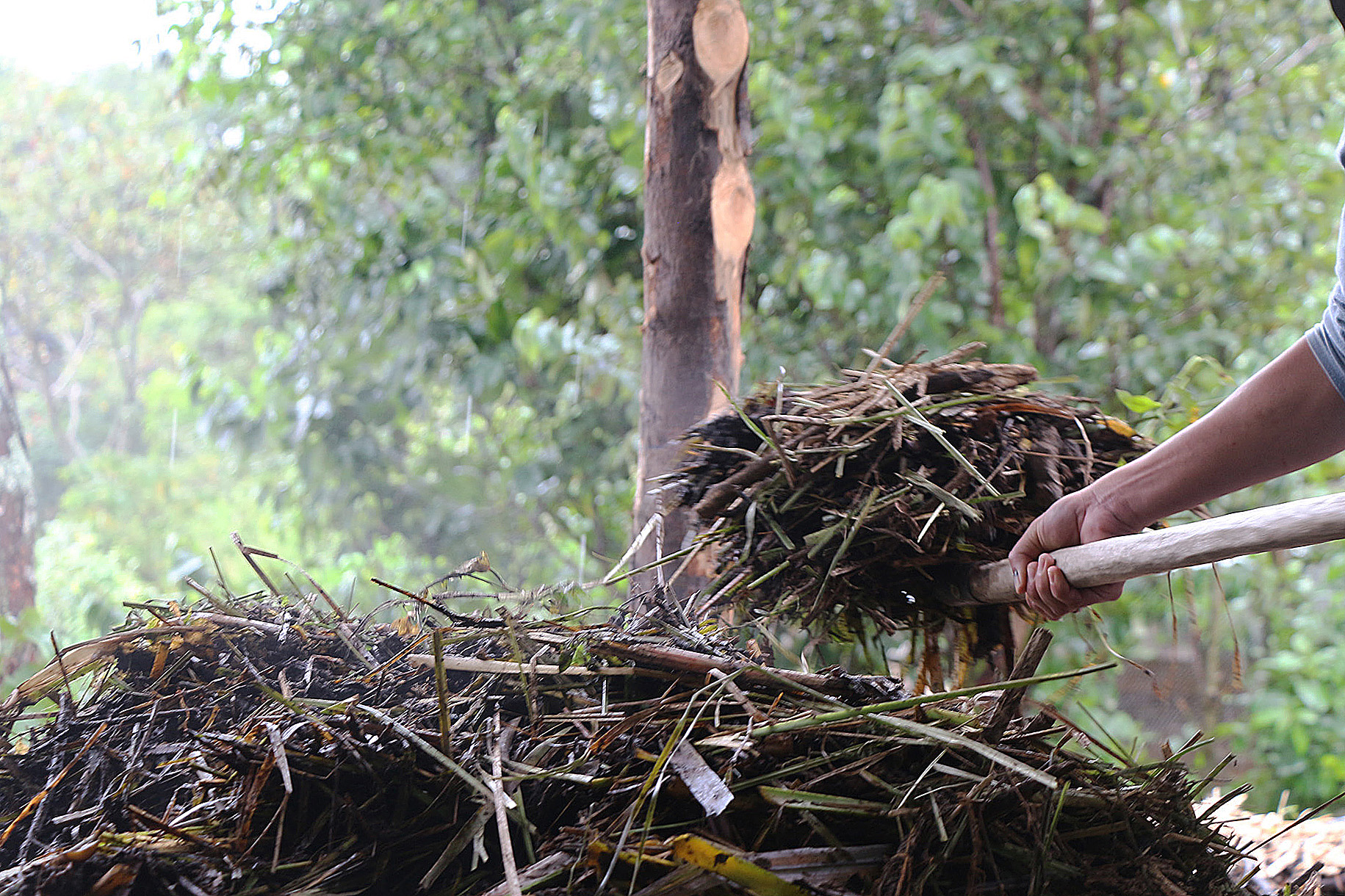
Soil. It’s our greatest treasure.
It can take hundreds of years and many natural processes to make even a centimetre of soil. The mechanical and chemical weathering of rock makes up around half of any soil’s composition, with around 5% supplied by organic material, and the rest made up by air and water.
Put another way, soil is a complicated mix of both the non-organic, abiotic components- minerals, water and air, and the organic biotic components- bacteria, archaea, fungi, plants and invertebrates that live and die within it.
In addition, and bound together with any basic discussion about soil, is the reality of a living soil, the soil food web and soil biodiversity. Soil is a complex, sustainable and dynamic ecosystem, sustained through the complicated interaction of countless soil fauna like worms, woodlice, springtails, nematodes and mites, together with fungi and bacteria.
“Despite all our achievements, we owe our existence to a six-inch layer of topsoil and the fact that it rains.”
However, within a few generations, we have seen the world’s soils rapidly and increasingly degrade, losing nutrients, carbon and fertility, turning saline or actually blowing away. Crops are losing yield and not responding to NPK fertilisers. Fields and farms are being abandoned across much of the world, forcing even more poverty, suffering and human migration. This degrading is mostly human-driven, due to bad farming practices, pollution, acidification, compaction, deforestation and climate change across the world. It’s a sobering and worrying time. Soil biodiversity is dying, with soil fauna like springtails and soil mites reducing to almost zero. Worms are disappearing, fungal activity ceasing.
Soil scientists and farmers are finally being listened to. People are learning and gaining more knowledge and understanding. Research is now well funded and positive changes are being discussed at a governmental level and implemented on a regional and local level. Sustaining, improving and increasing soils is a lengthy and time consuming process, but no dig, microbe compost making and regenerative agriculture are showing great results. Feeding the soil rather than the plant has become a well known mantra amongst gardeners and organic growers. The ship may be sinking, but all is not lost.
Whoever you are and whoever you will become, tread lightly on the earth.”
